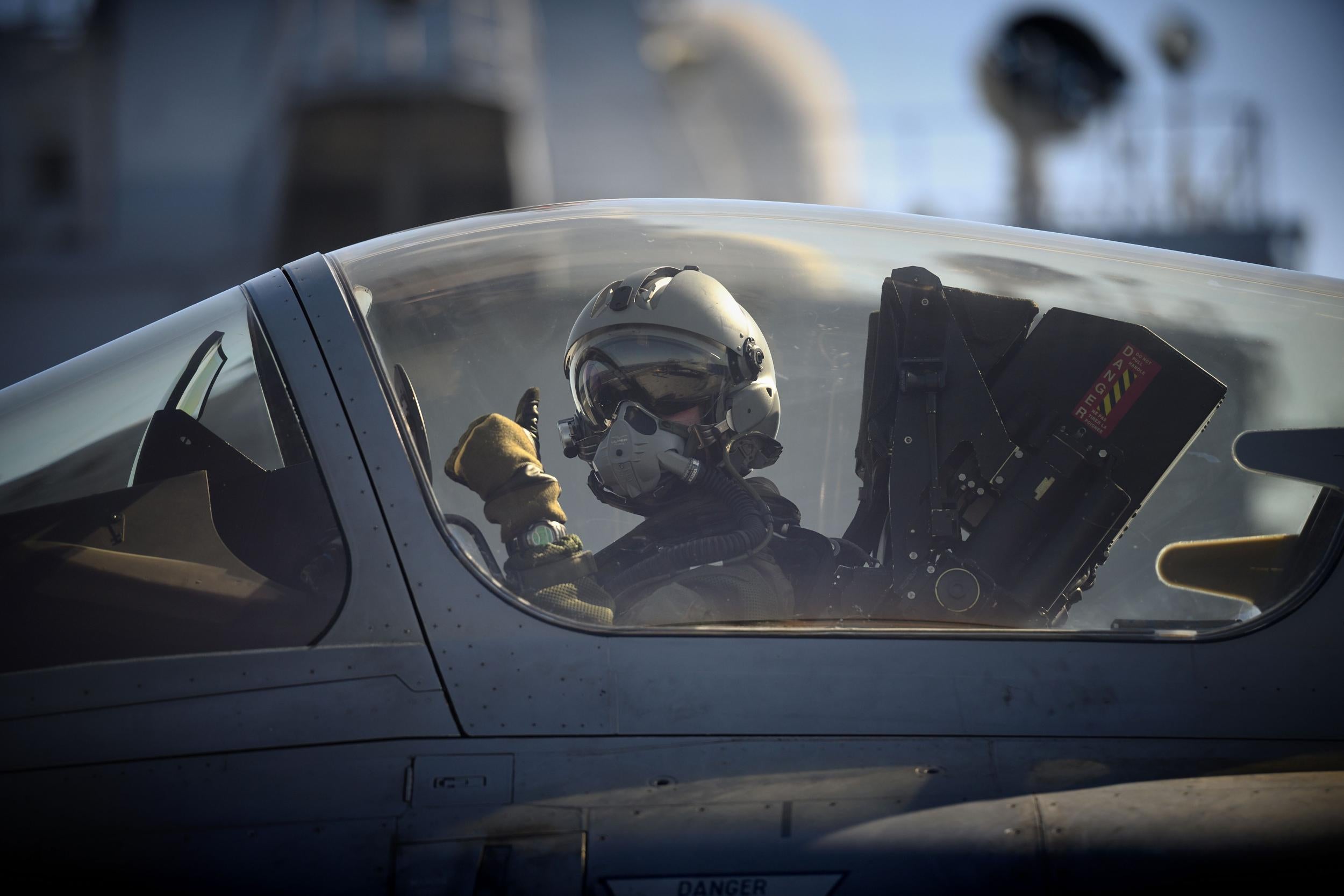Nato countries are not spending enough on defence, the alliance's chief says
Jens Stoltenberg urged countries to meet their spending commitments

Nato’s signatory countries have “a problem” with not spending enough of their budgets on defence, the alliance’s secretary general has said.
Jens Stoltenberg said member countries had to “stop the cuts” and continue to raise spending on their militaries.
Nato has said its member countries should spend at least two per cent of their GDP on defence; both Labour and the Conservatives support this policy.
Abroad, however, most countries spend far less. Of the 28 countries signed up to the defensive pact, only the United States, Greece, Poland, Estonia and Britain are meeting the commitment.
France and Turkey are the only other Nato countries with spending levels above 1.5 per cent of GDP, with the others nowhere near meeting the minimum commitment.
“We have a problem and that’s why we decided that we have to do something with the problem,” Mr Stoltenberg told BBC Radio 4’s Today programme.
“In 2014 we made a decision to stop the cuts and invest …We see that the trend has shifted – 2015 was the first year with an increase in defence spending among Nato allies and 2016 we expect even more increase.
“It is extremely important that there is no doubt that Nato is there to protect all allies against any threat and that Nato’s security guarantees are unconditioned, they are absolute.
"This is the best way to prevent a conflict and the best way to prevent anyone from attacking Nato allies.”
US presidential candidate Donald Trump said earlier this year that he would consider not defending Nato allies that did not spend up to the target.
Mr Stoltenberg struck a cautious tone on the alliance’s relationship with Russia.
“We don’t see an imminent threat against any Nato ally, but we see a more assertive Russia,” he said.
“We are not in a Cold War but we are not in partnership with Russia we were in after the Cold War.”
He defended a planned build-up of Nato troops along Russian borders, arguing that the move would “send a very clear signal” of deterrence and that Russia itself had “tripled its defence spending in recent years.
Join our commenting forum
Join thought-provoking conversations, follow other Independent readers and see their replies
Comments
Bookmark popover
Removed from bookmarks